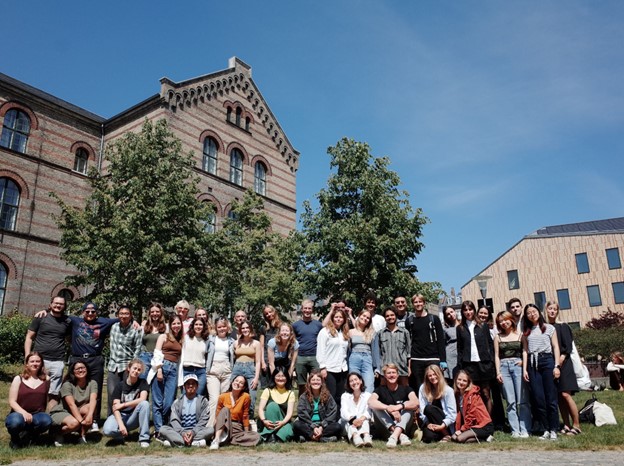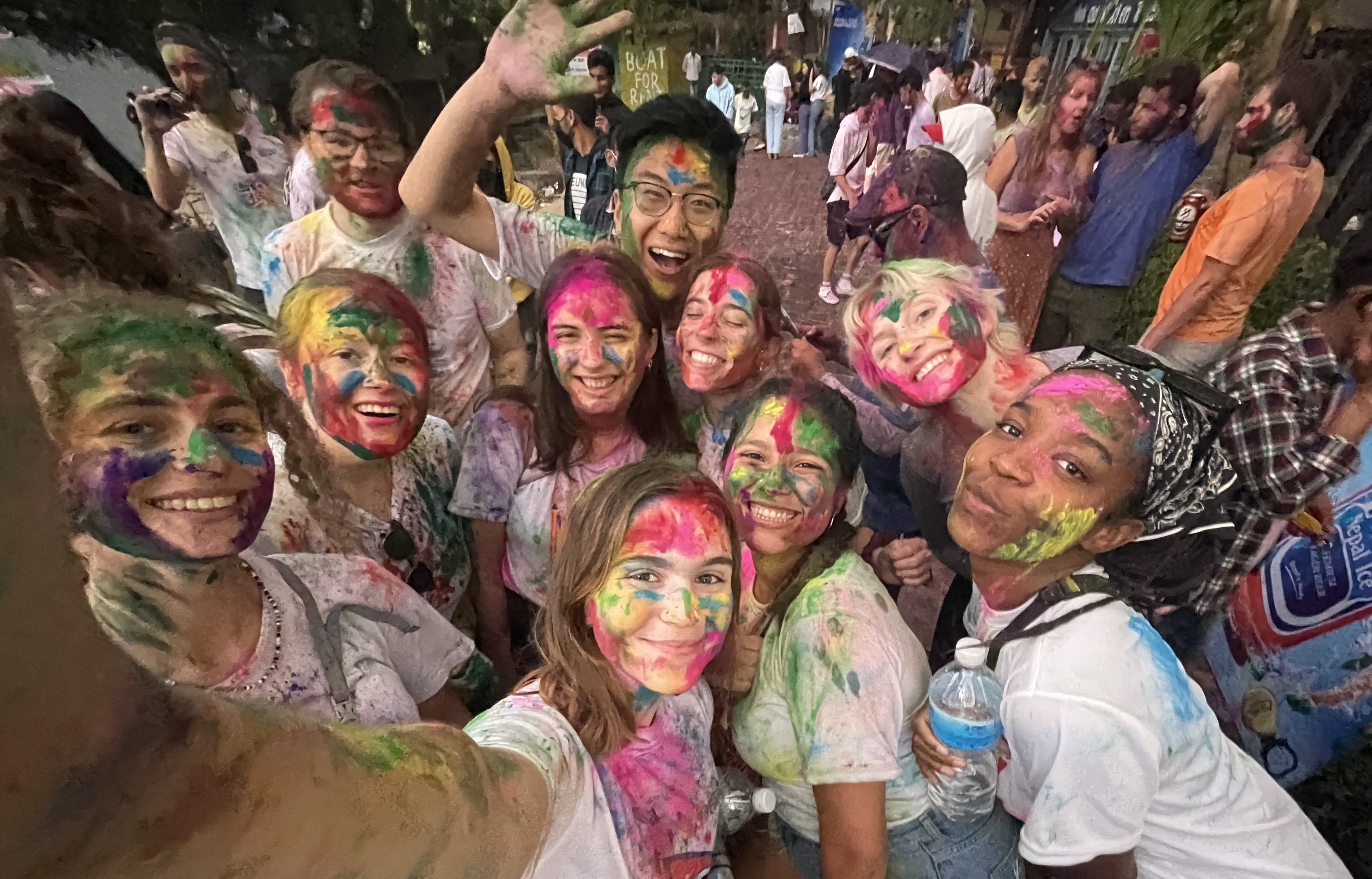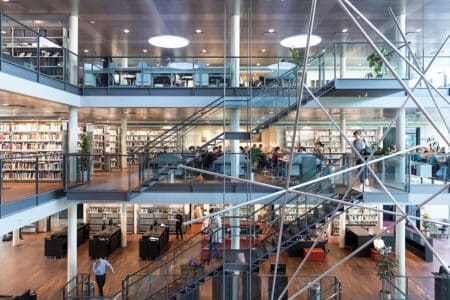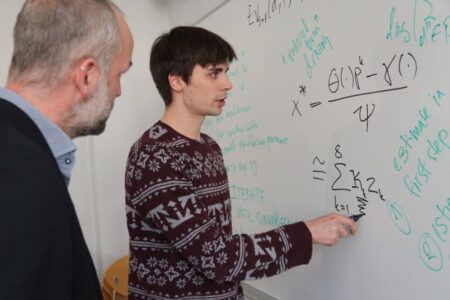As an MSc in Global Development student at the University of Copenhagen, Nathan Remcho from the US got to travel halfway across the world to Samburu County in north Kenya. “Our fieldwork took us to many different villages, had us camping by a desert lake, and required us to hike for hours with no sense of direction – in other words, it was the dream!” he says.
The MSc in Global Development trains students like Remcho to understand current global challenges with a global reach, such as migration, climate change, resources, and the energy crisis. Fieldwork is a big part of its second semester. For two weeks, students and two lecturers head to lower-middle-income countries. Past destinations for this field course include Tanzania, Nepal and Bolivia where students explored topics such as education, conservation, migration, extractivism, agriculture, community forestry, sustainable tourism and gender equality. The location and theme of field courses may vary every year depending on new research scenarios and opportunities.
Such experience is crucial for anyone seeking a career in the private sector or for an NGO, governmental agency or international organisation. And that’s due to how effective going on the ground is in building the critical analysis skills to assess the validity of different research methods, collect and process field data, and evaluate the reliability and significance of findings.
When Remcho was in Kenya, his main goal was to connect with a local NGO and conduct research relevant to their efforts in peacebuilding and education. In this process, he honed a deep understanding of the nuances of data collection, overcame challenges (logistical and otherwise) that can arise in the field, and saw the importance of interdisciplinary approaches. “Conducting fieldwork, especially economic experiments in the field, has been central to my personal and professional development,” he says.

Students, accompanied by three lecturers, go on a two-week field course as part of their second semester. Source: University of Copenhagen
Alejandra Fierro Castro is from a very different country from Remcho: Colombia. Her experience with the MSc comes from the perspective of someone who grew up in a country that faces multiple barriers to achieving development due to complex social, political, and economic issues as well as a long history of war and internal armed conflict. “From an early age, I became interested in the situation of my country, especially after my father was kidnapped,” she says. “From that moment on, I started to wonder about justice, peace, equity, and development.”
Coming from this background, Castro found the experience of conducting fieldwork in the remote rural areas of her region “the most challenging yet enriching.” “There, I had the opportunity to collaborate with and support the advocacy work of peasant, indigenous, and Afro communities,” she says. “Studying and conducting fieldwork in the Global North has been very interesting and has given me valuable insights into the importance of incorporating postcolonial and decolonisation perspectives in every fieldwork endeavour, mainly related to development and social justice.”

The involvement of four departments and two faculties adds to the interdisciplinary nature of the programme. Source: University of Copenhagen
Learning with peers and from multiple disciplines
The programme involves four departments — Geosciences and Natural Resource Management, Food and Resource Economics, Anthropology and Economics — and two faculties: Science and Social Sciences. This allows second-year students to choose between elective courses, studying abroad, doing an internship, or doing data collection – or a combination of these activities. Those taking elective courses can specialise within a field and choose from a great variety of courses all over the university or other universities.
“In much the same way that some of our greatest societal challenges require global understanding, if we are to tackle them, we can only do so in an interdisciplinary manner that embraces mutual respect for the strengths and limitations of each discipline,” says Ayo Wahlberg, who heads the Department of Anthropology.
“This does not mean that interdisciplinarity is easy, just ask any student or teacher on our programme! Rather it requires constant attending to, critical reflection and an insistence on making absolutely transparent what the conditions of possibility are for the knowledge that economists, anthropologists, geographers and political scientists produce.”
Just as the MSc merges multiple disciplines, it gets students to harness the power of having a diverse cohort, many of whom are from outside Denmark. Peer learning is emphasised. For example, group projects include representation from various fields such as economics, political science, anthropology, and urban studies, ensuring a rich exchange of ideas and methodologies. Graduates leave with friends for life and the confidence to navigate, learn, and contribute to interdisciplinary and diverse work environments.
“I have maintained relationships with both peers and faculty members. Both as good friends, but also as an important part of my professional network, which has helped me open many doors and given me a better understanding of the sector,” says Emil Damholdt, who graduated in 2016 and now a Senior Associate at the United Nations High Commissioner for Refugees.
Damholdt is just one of many MSc in Global Development graduates who have gone on to find work within and beyond Denmark. University of Copenhagen records show that the unemployment rate of graduates of the programme is as low as 3.9%, the lowest among all universities in Denmark within the social sciences field.
Follow the University of Copenhagen on Facebook, Instagram, LinkedIn, X, and YouTube.













